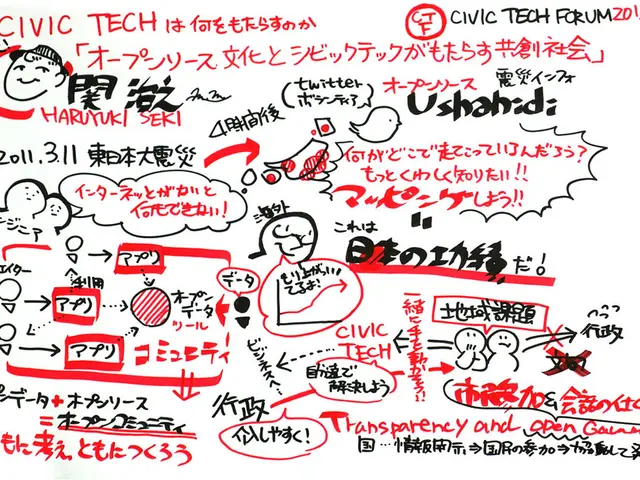Cryptocurrency Directors Push President Trump to Prohibit Financial Institutions' Charges
In the rapidly evolving world of finance, a significant debate is unfolding in the United States. Small startups in the fintech and crypto sectors, along with millions of everyday users, are watching closely as the issue of access to essential banking data hangs in the balance.
Over 80 figures from the crypto and fintech world have sent a direct message to President Trump, urging him to safeguard consumer rights, support startups, and foster innovation. This open letter, signed by some of the industry's leading executives, showcases the seriousness with which they view this issue.
The crux of the matter revolves around the potential for banks to charge fees for access to customer data. Proponents argue that these fees are necessary to cover the high costs of maintaining secure data-sharing systems. However, opponents, including the aforementioned industry leaders, warn that such fees could slow innovation and make essential financial tools more expensive or less feature-rich for users.
Currently, open banking rules allow banks to share data with authorized apps for free. Building APIs that allow apps to access bank data safely is an expensive process, and the imposition of fees could make everyday life harder for consumers who rely on these tools for budgeting, investing, or managing cryptocurrency.
If banks are allowed to charge, apps may pass on costs, making budgeting, investing, and crypto tools more expensive for users. Small startups might find it hard to keep up, potentially leading to shutdowns of smaller firms unable to bear these costs. This could limit choice and innovation in the market, ultimately affecting millions of people who rely on these services daily.
The Consumer Financial Protection Bureau (CFPB) initially finalized a "Personal Financial Data Rights" rule in October 2024, aiming to promote open banking and consumer control over financial data. However, since the change in administration to President Trump, the CFPB has indicated plans to revise or possibly rescind that rule, signaling a potential allowance of some fees in the future.
This pause and potential rollback have coincided with the largest U.S. banks, including JPMorgan Chase, beginning to impose fees on data aggregators for customer data access. Various fintech associations have warned that these fees threaten innovation, competition, and Americans' financial freedom by raising barriers for consumers to connect to better financial products. About 80 fintech CEOs have petitioned President Trump directly to prevent these fees.
The CFPB’s ongoing rule revision process will be crucial in determining whether banks can charge for data access. The stakes are high, with significant consequences for the U.S. fintech and crypto ecosystems as well as consumer financial empowerment. Leaders in the industry hope for a solution that keeps financial data accessible, competition fair, and the digital finance ecosystem free to grow.
- As the Consumer Financial Protection Bureau (CFPB) revises a rule aimed at promoting open banking and consumer control over financial data, leaders in the crypto and fintech industries are expressing concern about potential fees for access to customer data.
- The crypto and fintech sectors, along with millions of users, are urging President Trump to support startups, safeguard consumer rights, and foster innovation, as these fees could slow innovation and make essential financial tools more expensive or less feature-rich, potentially limiting choice and innovation in the market.








